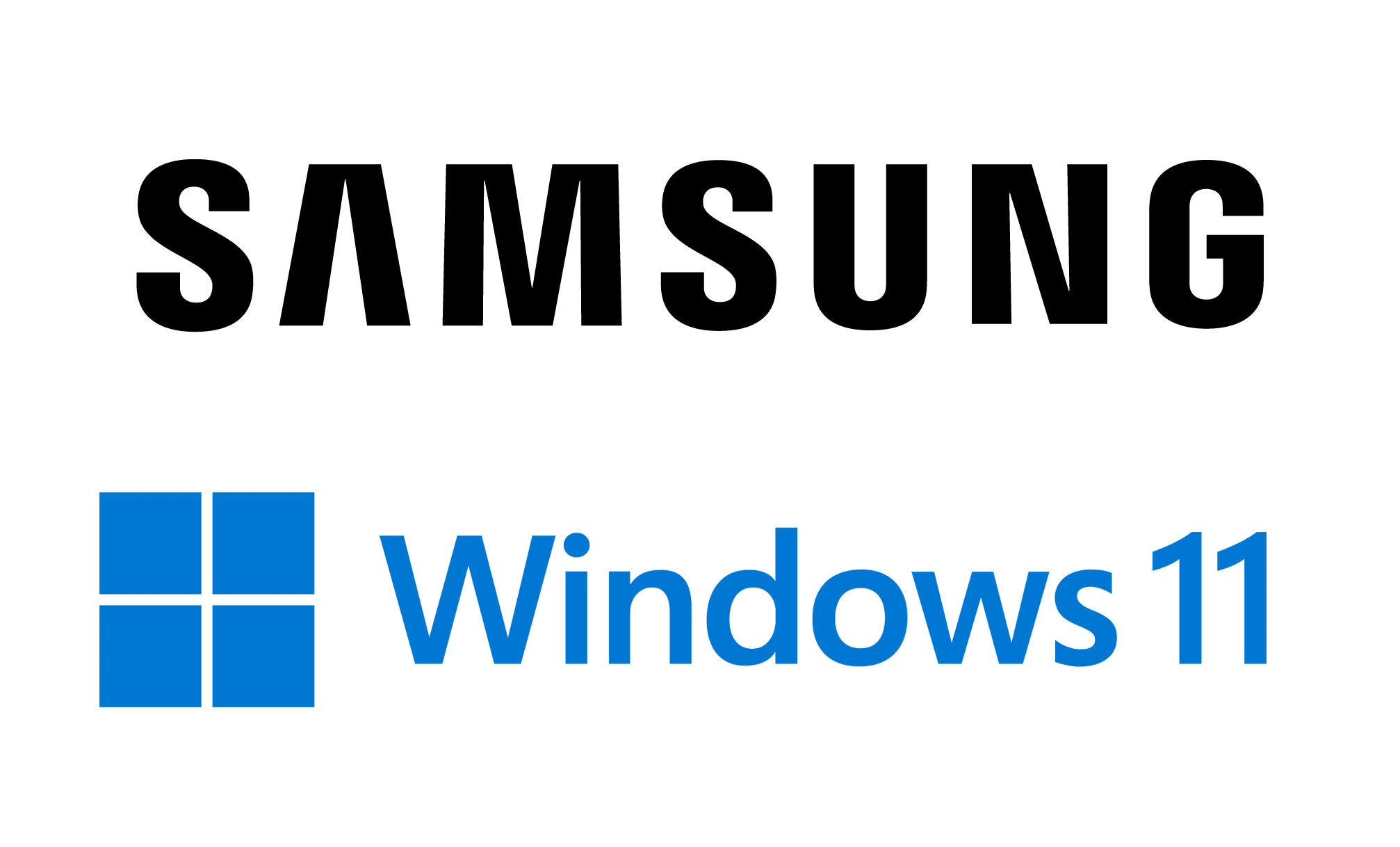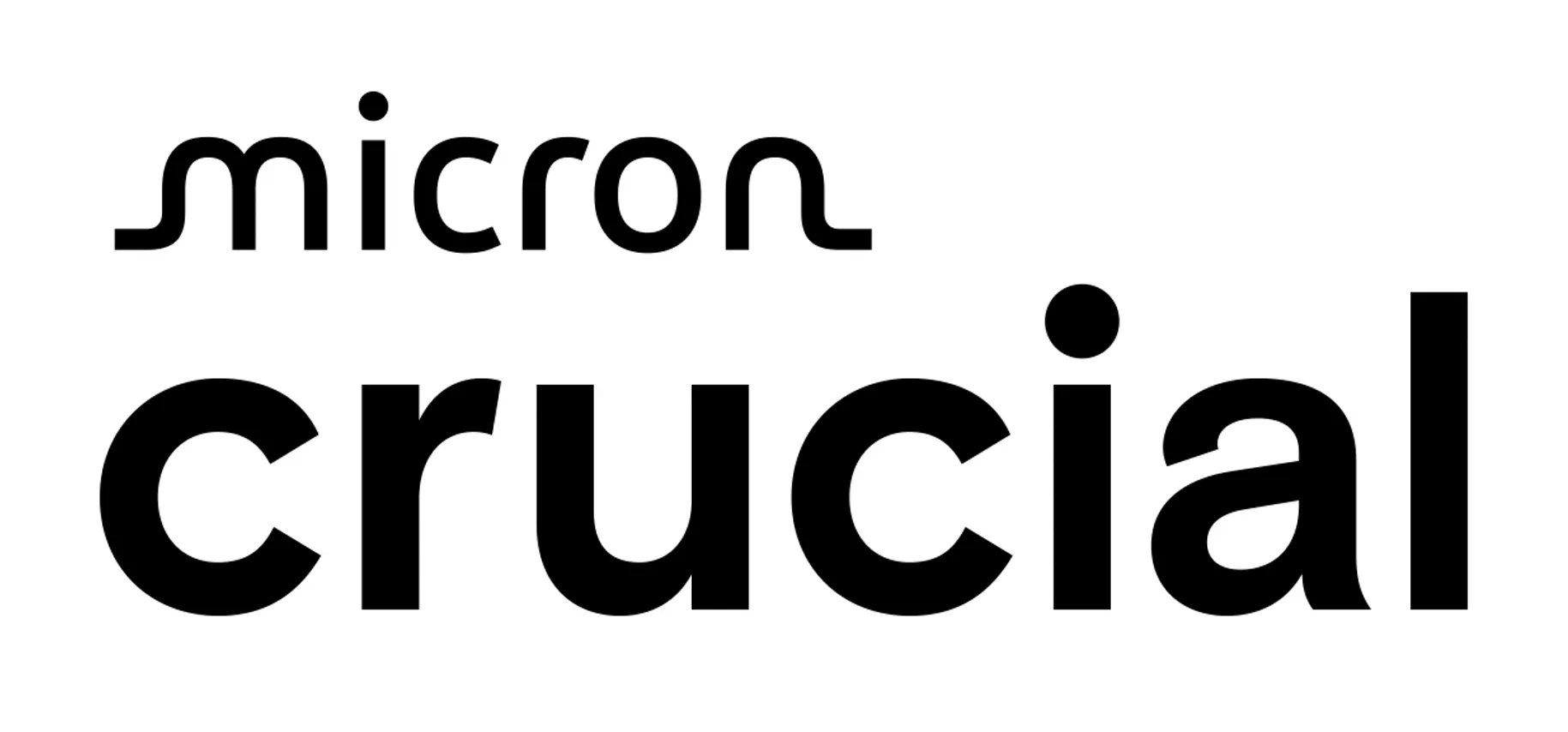Cutting-edge battery technology is widely seen as a vital part of the fight against climate change.
Lithium-ion (Li-ion) batteries are increasingly used in electric vehicles, as well as electronic devices such as laptops and smartphones.

They have a number of advantages such as high energy density, but a major criticism has been that they cannot be effectively recycled.
Materials such as lithium, nickel, manganese and cobalt all require energy-intensive mining processes, and there are concerns about scarcity of materials and human rights issues such as child labour and safety.
Now, Swedish manufacturer Northvolt appears to have made a breakthrough, announcing that it has produced a battery from 95% recycled materials.
The nickel, manganese and cobalt came from 100% recycled materials – the first time that this has been achieved with a Li-ion battery.
Northvolt chief environmental officer Emma Nehrenheim is in charge of the company’s recycling programme, known as Revolt.
She said that the project demonstrated a more environmentally friendly alternative to the conventional mining currently required to obtain the raw materials for Li-ion batteries.
Manufacturer claims a breakthrough for the battery industry
A press release from Northvolt called it a breakthrough for the battery industry as a whole, as well as marking a milestone in the company’s mission to support decarbonisation across society through making more sustainable batteries.
It added that a low-energy hydrometallurgical treatment was used to recover nickel, manganese and cobalt metals from used battery cells.
An aqueous solution was used to isolate the metals and separate them from other elements and impurities.
Northvolt is starting construction of a major recycling plant named Revolt Ett at the start of next year and aims to begin operations by 2023.
The company said that it will be the only large-scale recycling plant in Europe able to recycle a range of materials including lithium, nickel, manganese, cobalt, copper, aluminium and plastics.
The plant will take in materials for recycling from the company’s own Northvolt Ett manufacturing facility – due to begin operations later this year – and from electric vehicle batteries that have reached the end of their lifespan.
Northvolt said that it aims to be producing battery cells using 50% recycled materials by 2030, by which time some 250,000 tonnes of Li-ion batteries will have reached the end of their lifespan across the continent.
Today’s news was brought to you by TD SYNNEX – the UK’s number one solutions distributor.
Read more of our latest Industry Updates stories



